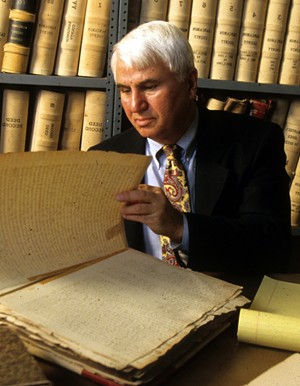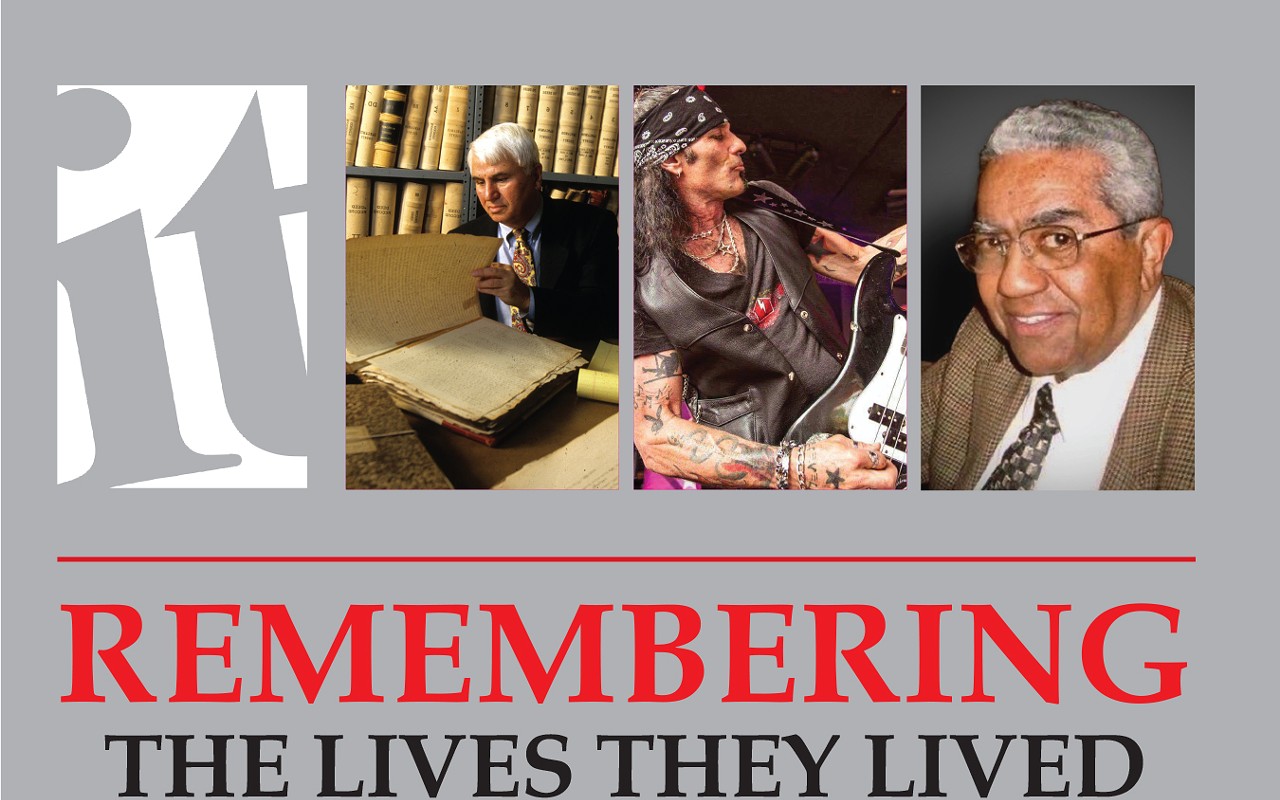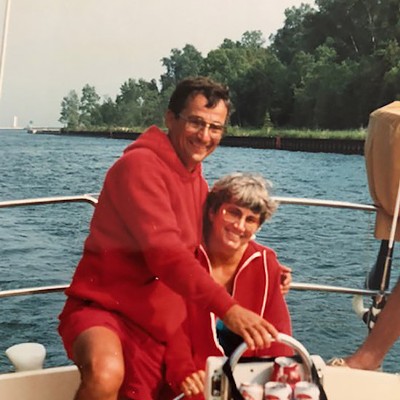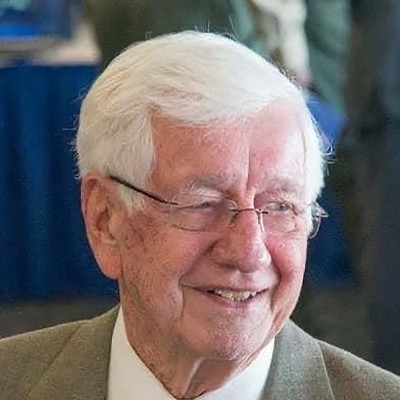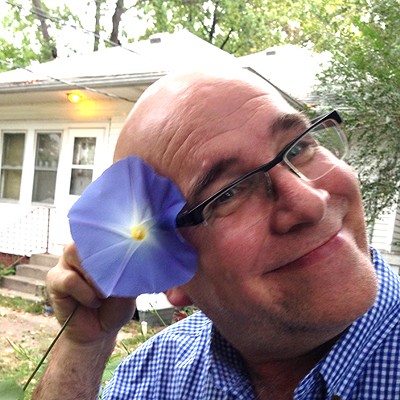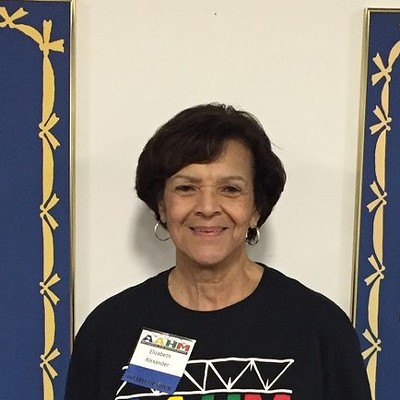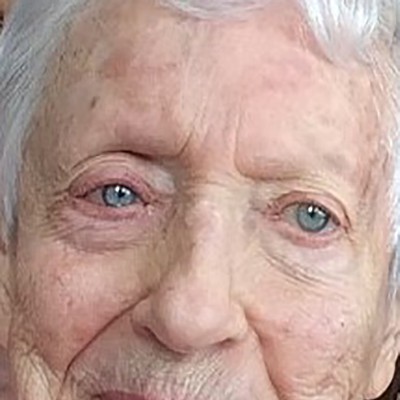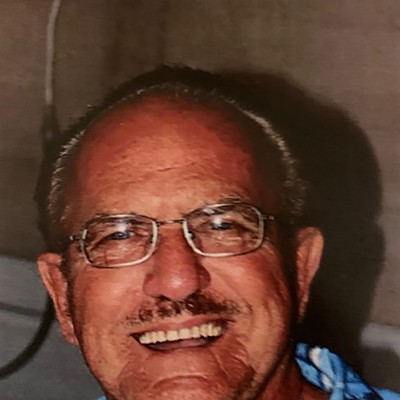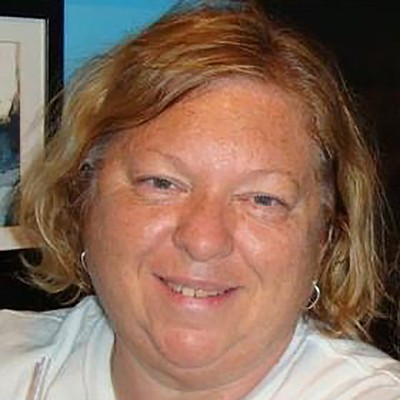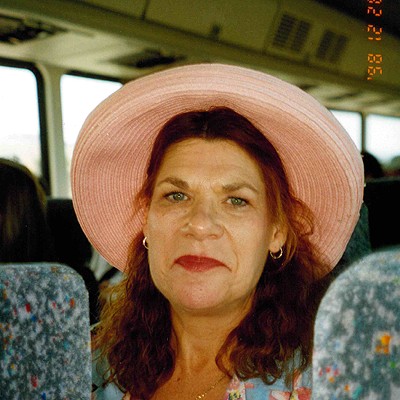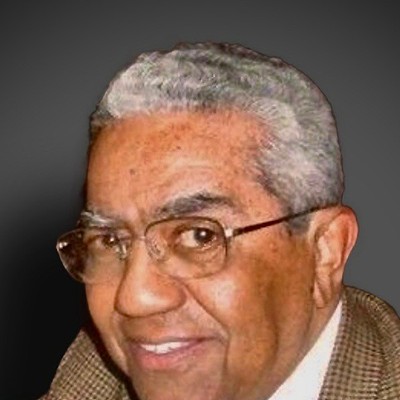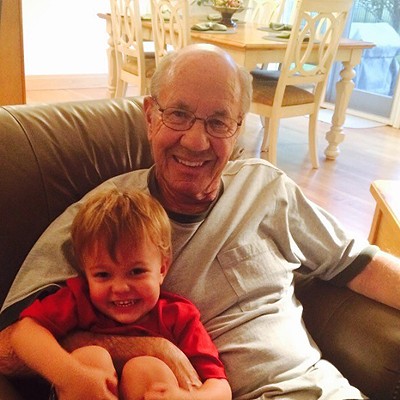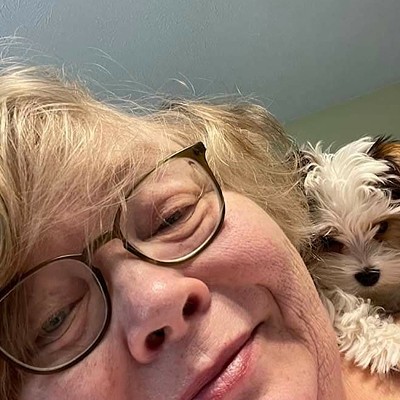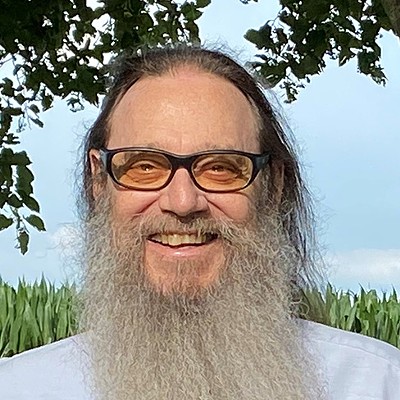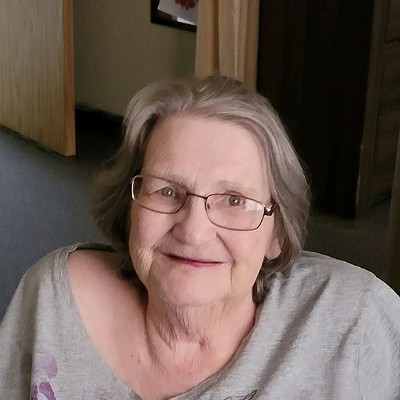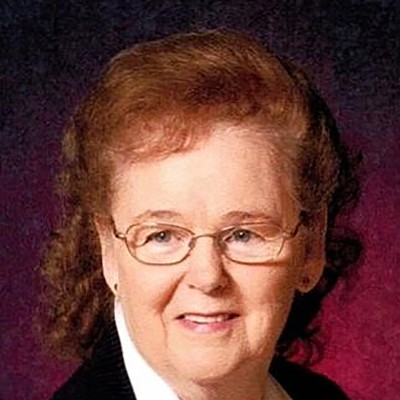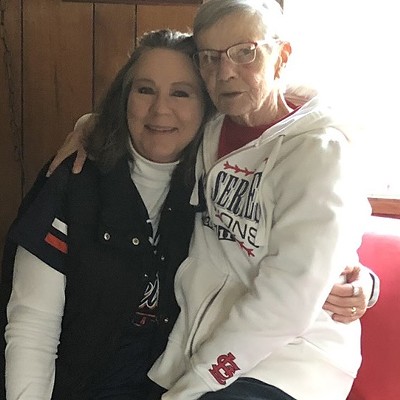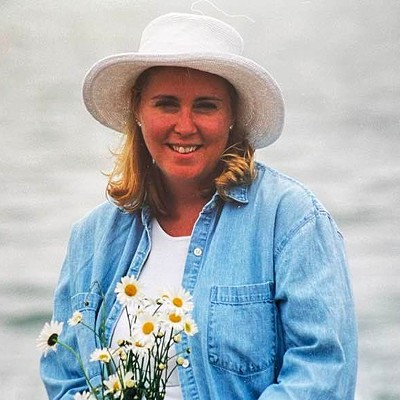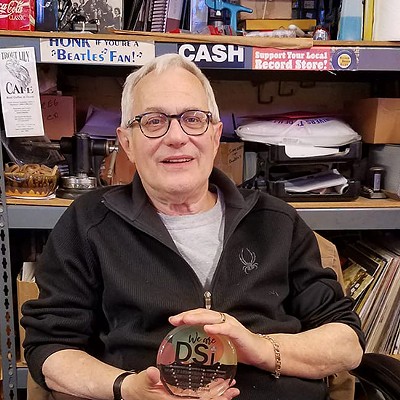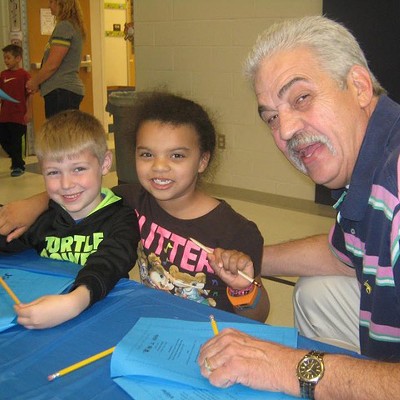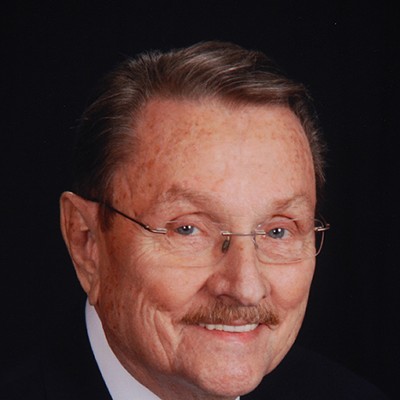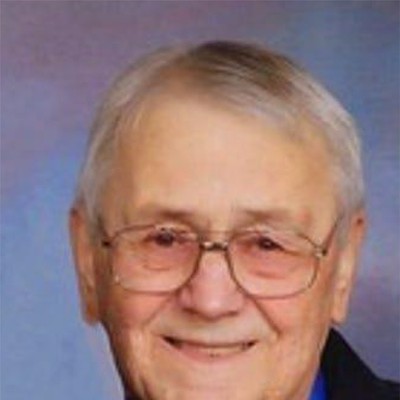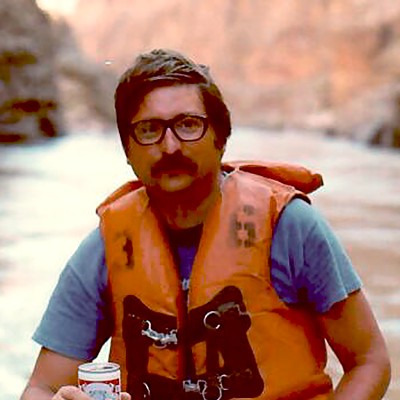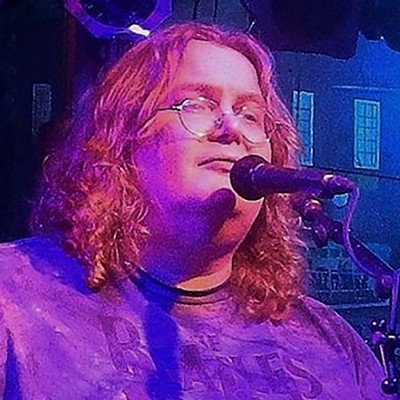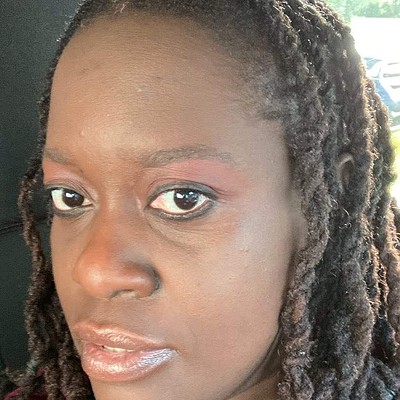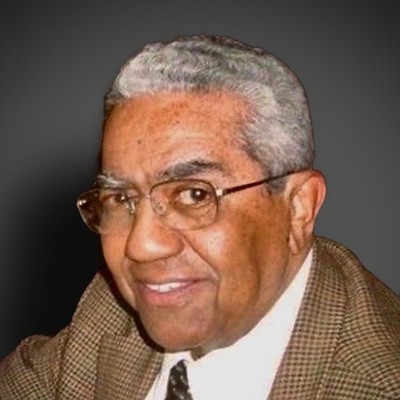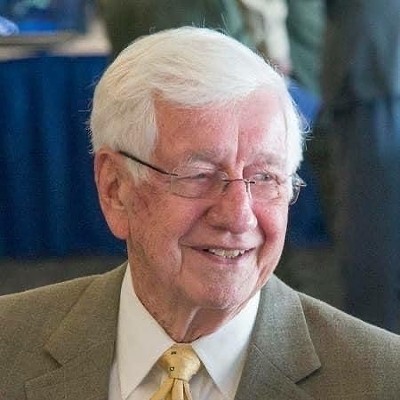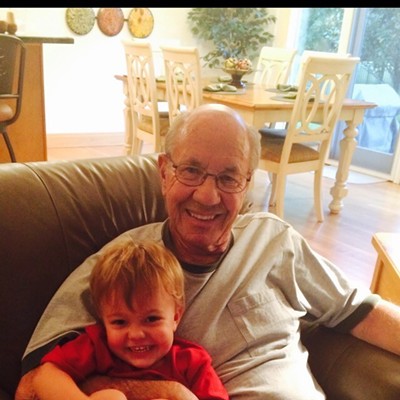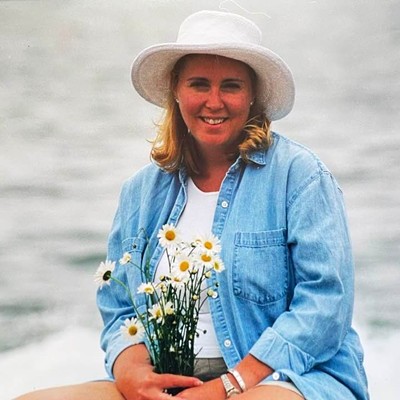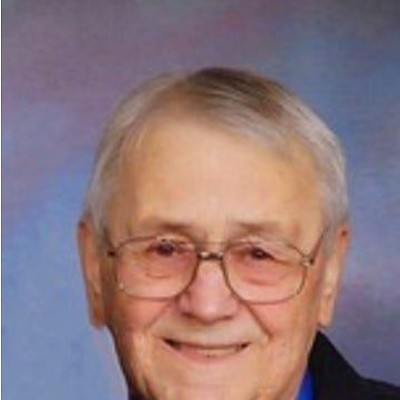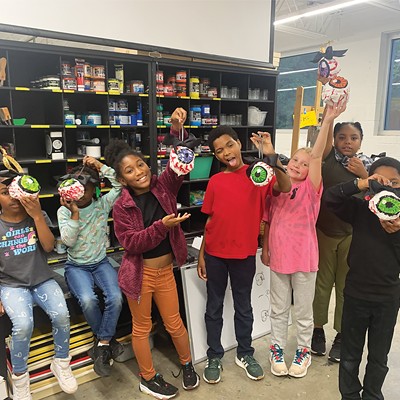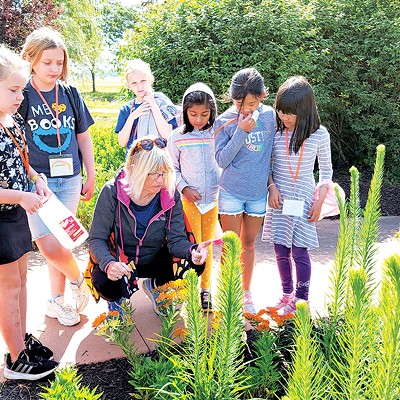Larry Golden, one of Davis' fellow founders, says, “Cullom was critical to helping us get through that period of the birth of the university. He had a way of being able to build bridges among people from different viewpoints at a time that was really critical for helping the university go forward. It was a very trying period – but also for me at least, and for many others, it was one of the most exciting and challenging years of our lives.”
Kitty Wrigley, who first met Davis as her history professor, considered him “a teacher, a mentor, a colleague and a friend.” Wrigley says that she was always a good student, but it was taking Davis' oral history class that “lit a fire for scholarship. He was a mentor and inspiration for so many people. He was good at mentoring because he could see an individual's strengths and played to those strengths.”
Wrigley also recalls Davis as an impeccable mediator. Of his administrative role, Wrigley recalls Davis saying, “'It's just one meeting after another, with every meeting full of unsolvable problems.' But he kept going,” she says.
Davis was nationally recognized for the oral history program he developed at SSU. Many of the recordings he made were of survivors of Springfield's 1908 Race Riot. Judy Everson, another founding faculty member of SSU says, “Everybody in Springfield knew about Lincoln, but not a lot of people knew about the race riot. Cullom researched that and developed a public presentation on it” to fill in the gaps in Springfield's forgotten history.
Davis' focus on Lincoln and equity led him and others to file a lawsuit against Springfield School District 186 to desegregate the schools. “We were indignant that Lincoln's home town should still have segregation,” recalls Larry Shiner, another member of SSU's founding faculty and whose children attended District 186 schools. The 1974 lawsuit was successful and District 186 was put under a desegregation order, which remains to this day. “He was trying to apply his expertise as a scholar and his social consciousness to the betterment of the community,” attests Everson.
For nearly 30 years, Davis served as the director of the Lincoln Legal Papers, which focused on finding and interpreting all of Lincoln's known legal works, plus indexing and digitizing them to be available to all. Don Tracy, who served on the board of the Abraham Lincoln Association with Davis, says, “He was a legend among Lincoln scholars, just a selfless servant to the Lincoln community.”
James Krohe Jr., a long-time Illinois Times contributor and sometimes local historian, regarded Davis as a mentor. “Cullom was more entrepreneur than scholar, and I mean no insult by it. He had a keen eye for opportunities in public history and the energy to scrounge start-up capital and the savvy to build organizations to exploit them.” From “digging out the documentary detritus of Lincoln's legal career from courthouse basements” to “collecting the untold stories of what Cullom described as ‘the others’ in American and rural life,” including women, minorities, working-class people and “troublemakers,” Krohe says that “Cullom’s services to Illinois history were substantial and lasting.”
Joel Horwedel, executive director of Lincoln Memorial Garden, recalls Davis as “one-of-a-kind. One of his most redeeming qualities was that no matter what socioeconomic background you came from, you were an equal with him. He was just a really amazing guy and did so many things for this community.”
Davis, who lived in close proximity to LMG and of course loved all things Lincoln, helped write the first strategic plan for LMG and also was significantly involved in the Acorn Legacy Campaign, which raised $1 million over three years, doubling the size of LMG's endowment.
Everson, who helped in this campaign, says that Davis developed a three-word motto for raising money: Learn, Earn, Return. This motto recognizes the support of a community to someone as they are growing and learning, then earning a living, and finally, “giving back what you've gotten from your education and what you've earned for your career” for the betterment of one's community, says Everson.
LMG was the site of Davis' celebration of life on a beautiful, warm and sunny fall day. Many people who knew Davis throughout his long and bountiful life spoke about the many ways in which he touched them.
“He was of course, as everyone has said, affable, gracious, and a person who was socially at ease with any kind of person in any kind of situation. That's one of the reasons we all miss him so much,” says Shiner.
Carey Smith feels fortunate to have gotten to know Cullom through her interviews with those who knew him well.

